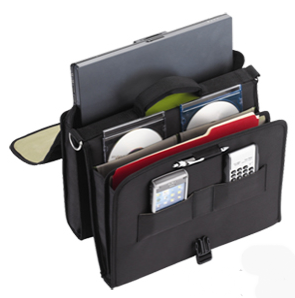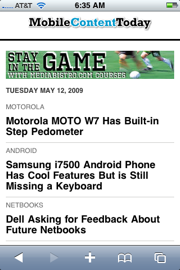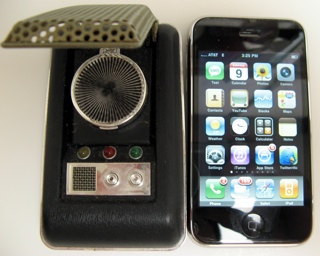Very interesting item from Australia’s ITnews…
CeBIT09: McDonalds’ free wifi users soak up seating
McDonalds in Australia started providing free WiFi in their restaurants in November 2008. Unfortunately, as you might expect the average WiFi user stays seated around 35 minutes instead of the 10 minutes non-WiFi users do. So, they’re running out of seating bandwidth with WiFi users hanging around too long.
The 5GB monthly cap on 3G wireless data services in the U.S. means that many 3G subscribers are probably looking for free or low-cost WiFi hotspots to avoid going over their monthly limit. Hotspot providers that figure out a way to balance the longer seating time of WiFi users with their revenue generating products should be able to continue to attract customers of all types (WiFi using or not).



